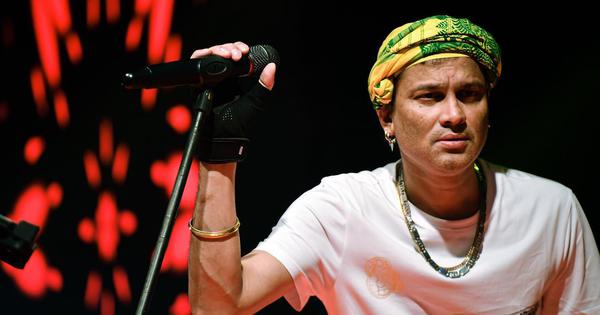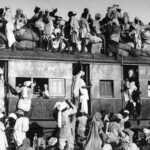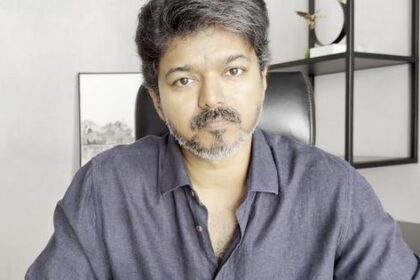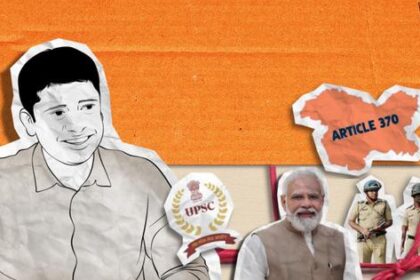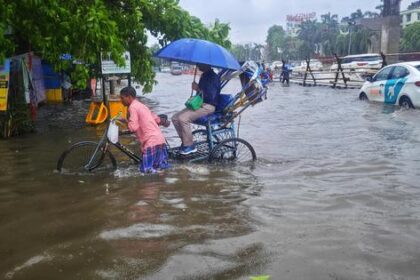Strong police response to protests raises concerns about civil liberties and freedom of expression.
The aftermath of Zubeen Garg’s death has sparked significant unrest in Assam, leading to police action against protesters. One individual has been charged under the National Security Act (NSA) for participating in the demonstrations, while several others were detained and released only after removing their social media posts related to the protests.
On October 7, Ajit Bhuyan, a 29-year-old taxi driver from Bamundi Bishnupur village, was detained by police who claimed he had assaulted a police vehicle at Guwahati airport during a protest on September 21. This protest occurred as fans gathered to receive Garg’s body, which had returned from Singapore following his drowning incident on September 19. While Bhuyan denied involvement in the attack on the vehicle, he was taken into custody and held overnight at a police station.
The following day, Bhuyan was transferred to the Azara police station, where he alleged he faced severe physical abuse over two days. He reported being coerced into implicating Victor Das, another fan arrested for allegedly instigating violence during the protests. Bhuyan stated he had never met Das and felt forced to name him due to the pressure and beatings he endured.
By October 9, Bhuyan and five others were granted bail by a local court, which noted visible injuries on Bhuyan’s body and called for an investigation by the State Police Accountability Commission. Bhuyan expressed that he was still unable to walk days after his arrest.
The protests, ignited by public outrage over Garg’s sudden death, have persisted for almost a month. While the Singapore Police ruled out foul play in Garg’s death, conspiracy theories have proliferated in Assam, prompting protests and heated discussions on social media. In response, the Assam police have arrested several individuals, with four people detained and others facing legal action for their social media activity related to the protests.
Victor Das, who had been arrested on September 25, was accused of leading protests and instigating violence through a Facebook livestream. He was granted bail shortly after but was taken back into custody under the NSA. Similarly, musician and Congress leader Ajay Phukan was initially arrested for allegedly assaulting police during protests but was re-arrested from the court premises days later on similar charges. Phukan maintained that the charges against him were fabricated, insisting on the need for justice for Zubeen Garg.
Criticism of the police’s heavy-handed tactics has emerged, with some alleging that the situation reflects a ‘police raj’ rather than adherence to the rule of law. Businessman Dipjyoti Gogoi, who was detained for sharing Facebook posts, voiced concerns about the increasing norm of severe police responses to minor protests.
On September 28, Parvez Maruf was arrested for allegedly attempting to incite unrest through a Facebook post. The post, interpreted by authorities as a call to action, led to accusations of trying to overthrow the government. However, his family has defended his statements, arguing that he merely encouraged peaceful democratic protests. As tensions continue, the situation raises critical questions regarding civil liberties and the right to free expression in Assam.

